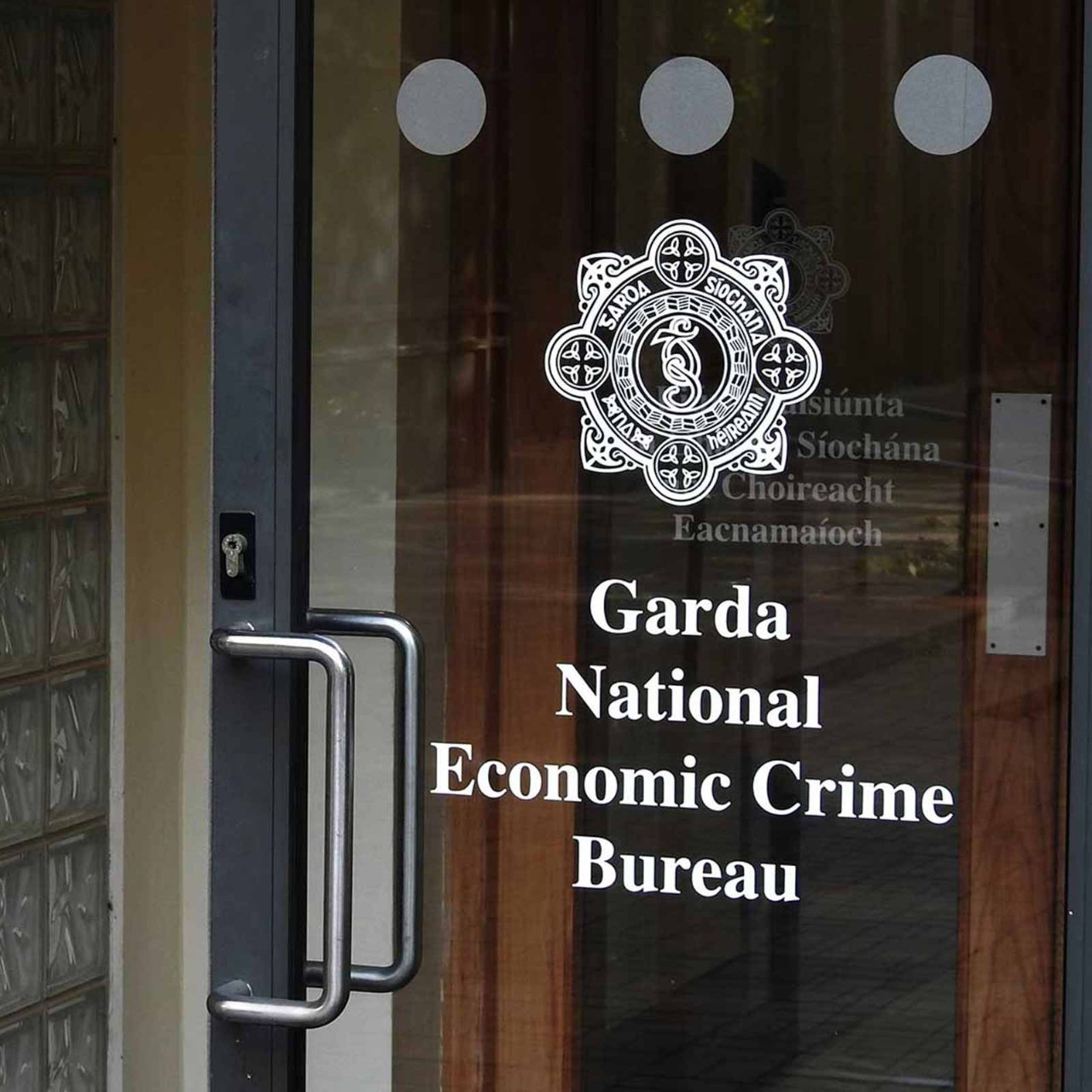
Oil giant BP recently announced the abrupt exit of its chief executive, Bernard Looney, amid allegations of inappropriate workplace relationships affecting employee promotions. He joins similarly disgraced senior executives, including Steve Easterbrook, the former CEO of McDonald’s, and ex-Intel chief executive Brian Krzanich.
Tony Danker, former head of the CBI, also left the UK business lobby group after being accused of crossing the line in workplace conduct, while Ireland’s flagship broadcaster, RTE, has been making news for months over failures of governance relating to presenter remuneration.
A survey found 83% of investors say avoiding companies with corrupt practices is an important ESG priority
As well as the high personal cost for the individuals concerned, there are also serious financial and reputational repercussions for their companies. Looney’s unexpected departure had a significant impact on BP’s market valuation, which fell from £90.8bn to £88.2bn and sparked upheaval in the UK stock market.
Company conduct
And it’s not just personal conduct that is in the spotlight. In June 2022, energy firm Glencore was convicted of a decade-long bribery scheme across operations in Nigeria, Cameroon, Ivory Coast, Equatorial Guinea and South Sudan. The resulting fines and financial settlements are expected to top US$1.5bn.
‘An ethical culture is a source of competitive advantage’
A survey by investment group Hargreaves Lansdown found that 83% of investors regard avoiding companies with corrupt practices as one of their most important environmental, social and governance (ESG)-related priorities, while 68% prefer those with a completely clean record and less than a quarter (22%) would consider investing in a company that had been in trouble previously, even if they felt improvements were being made.
After its research showed just one in three Britons believe companies operate ethically, and across the FTSE 100 and FTSE 250 only one in two companies have publicly accessible codes of ethics, the Institute for Business Ethics (IBE) has published guidance for boards on how to ensure everyone in the company acts ethically.
Recognising individuals who consistently display integrity is the way to an ethical business culture
Simon Thompson, chairman of the IBE advisory group on board ethical culture, and the former 3i Group, Rio Tinto and Tullow Oil chairman, said: ‘An ethical culture is a source of competitive advantage, promoting high standards of business conduct and integrity, and building trust and loyalty with customers, staff and other stakeholders.
‘Companies face increasingly complex and varied ethical challenges as expectations about the role of business in society continue to evolve.’
Twelve steps to building an ethical culture:
According to IBE, board members and senior management should:
- Set an example. Act with integrity, treating all stakeholders with courtesy and respect, and remaining alert to any mismatch between words and actions, particularly when things go wrong.
- Recruit role models. Ensure successful candidates understand the importance of the company’s declared values and behaviours, and are prepared to act decisively when leaders fail to uphold them. Consider including ethical behaviour as a specific criterion when evaluating performance.
- Create a shared vision. Use multiple channels to check that the company’s values are embedded in its strategy, are understood and embraced by employees, and are consistent with the experience of all stakeholders.
- Highlight ethical risks. Identify, mitigate and monitor ethical risks when reviewing a company’s business model or making strategic or operational decisions, especially in areas undergoing rapid change, such as the use of social media or artificial intelligence.
- Benchmark performance. Both internal and external benchmarking will help pinpoint best practice and identify areas requiring remediation, using indicators such as levels of actual or potential ethical breaches and stakeholder satisfaction.
- Publish a code of conduct. This defines the standards of behaviour expected, and provides practical guidance to help decision-making. It needs regular updating to reflect changing regulatory requirements and societal expectations, and may need to be extended to other business partners.
- Open up communication. Create easily accessible ‘speak-up’ channels for stakeholders to raise and, if necessary, escalate concerns or grievances. Ensure reports are investigated, any remedial action taken, and feedback provided to the complainant to enable continuous improvement.
- Implement training. Establish induction programmes and regular training to ensure familiarity with the company’s code of conduct, with bespoke training for any roles with a high exposure to particular ethical risks, covering risk identification and management, and how to report concerns.
- Check pay scales. Make sure the company’s remuneration policies and practices, including performance-related pay, are consistent with its purpose and values, and avoid inadvertently creating incentives for unethical behaviour.
- Recognise learning opportunities. Investigate material ethical lapses to identify the root causes and put in place measures to prevent a recurrence, such as improvements to systems, processes and training.
- Clarify the consequences. As well as disciplinary actions, recognising, rewarding and promoting individuals who consistently display integrity, respect and moral decency in their behaviour and business judgement is the best way to sustain and strengthen an ethical business culture.
- Provide support. Ensure those responsible for monitoring business ethics are independent and objective. The senior responsible manager(s) should regularly report to the board or a board sub-committee and have unfettered access to the chair or a designated non-executive director.
More information
Find out how ACCA is celebrating Global Ethics Day.
ACCA’s annual virtual conference, Accounting for the Future, features a session on ‘Navigating ethics in the workplace’. Register today to watch live on 21-23 November or on demand.





